It’s almost impossible to overstate John Coltrane’s indelible cultural impact, but writer/director John Scheinfeld’s love-letter of a bio-doc on the jazz legend comes close — and the fact that I enjoyed Chasing Trane so thoroughly likely stems from the fact that I’m in complete agreement with his sentiments on the subject. My dad gave me a copy of Coltrane’s seminal 1965 album A Love Supreme around the time I left for college, and I’ve been a fan of jazz in general, and Coltrane in particular, ever since. Over the intervening years, I’ve revisited the album dozens of times and found it endlessly engaging, new layers of meaning becoming evident as my musical tastes and philosophical perspectives evolved. What Scheinfeld’s documentary pulls off so effectively is its focus on the significance of Coltrane’s music beyond its obvious aesthetic appeal, elucidating the meaning of the man and not just the music.
Chasing Trane gets the melodrama out of the way early, addressing Coltrane’s drug and alcohol abuse early in the film. While many documentarians would’ve taken a more strictly linear approach, Scheinfeld recognizes that what’s important about his subject’s story is not the salacious details of a downward spiral, but what he managed to accomplish after he got clean. The film does delve into biographical background, recounting Coltrane’s childhood in Jim Crow-era North Carolina, his tumultuous tenure in Miles Davis’ quintet, his failed first marriage and so on. But these elements are almost peripheral, providing context for Coltrane’s subsequent spiritual awakening and the music he used to express that metaphysical journey.
The film is nothing revolutionary from a stylistic standpoint, but with a subject this interesting, it doesn’t really have to be. The requisite talking head interviews are present (and informative), but rather than fixating exclusively on Coltrane’s family and the surviving jazz greats who played with him, Scheinfeld ropes in rock stars indebted by his music such as Carlos Santana and John Densmore and cultural authorities like Cornell West and Bill Clinton. Everyone interviewed has a unique perspective on Coltrane’s continued relevance, and what results is a portrait of a complex man who transcended almost every conceivable boundary through the power of his art.
Denzel Washington speaks for Coltrane, reading excerpts from the musician’s writings and personal statements with an ease and familiarity that almost feels as though the actor is auditioning for the lead in a narrative Coltrane biopic — and considering the visual similarity between the two, it’s a wonder that such a film hasn’t already been made. But as lyrical as Washington’s depiction of Coltrane is, it never overshadows the music, which runs through the film like a spine unifying its disparate elements into a gratifyingly cohesive whole.
It’s sobering to realize that Coltrane’s most important works were completed in the brief, 10-year span before his premature death from liver cancer at age 40. While it’s tempting to question what might have been, Chasing Trane honors Coltrane’s prolific output as a complete body of work, a profoundly meaningful expression of the human capacity to create beauty in a world of suffering. If the tone feels reverential at times, few subjects could justify such a treatment as legitimately as John Coltrane. Scheinfeld’s film recognizes a fundamental truth about Coltrane — that much like his philosophy, his music is deeply rooted in something timeless and universal, and as such, the influence of Trane will keep rolling long after the credits. Not Rated. Now Playing at Grail Moviehouse.



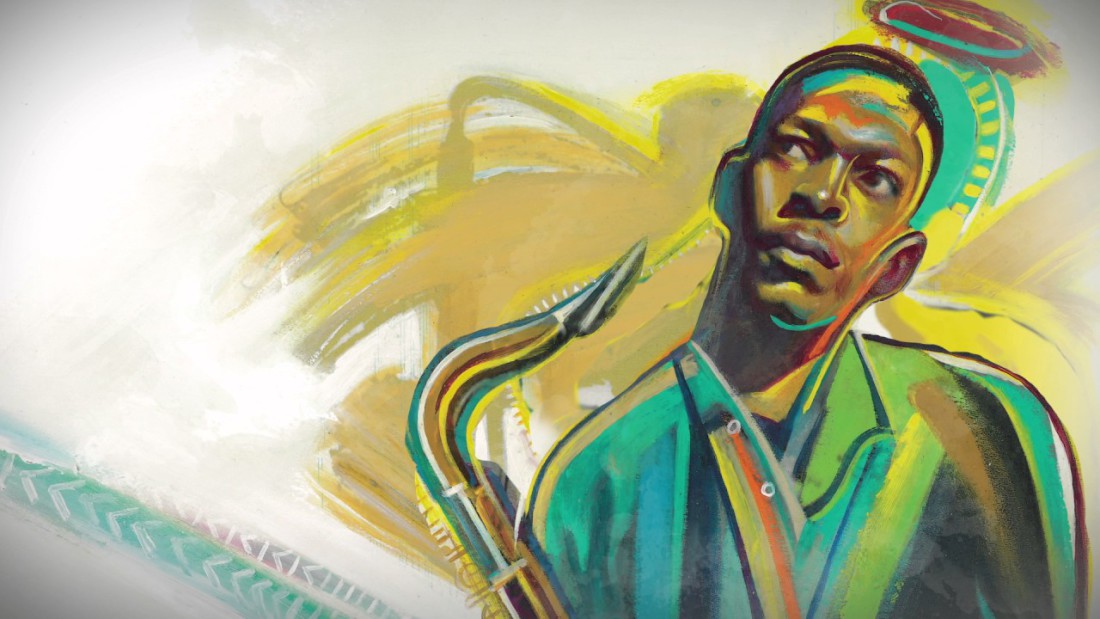
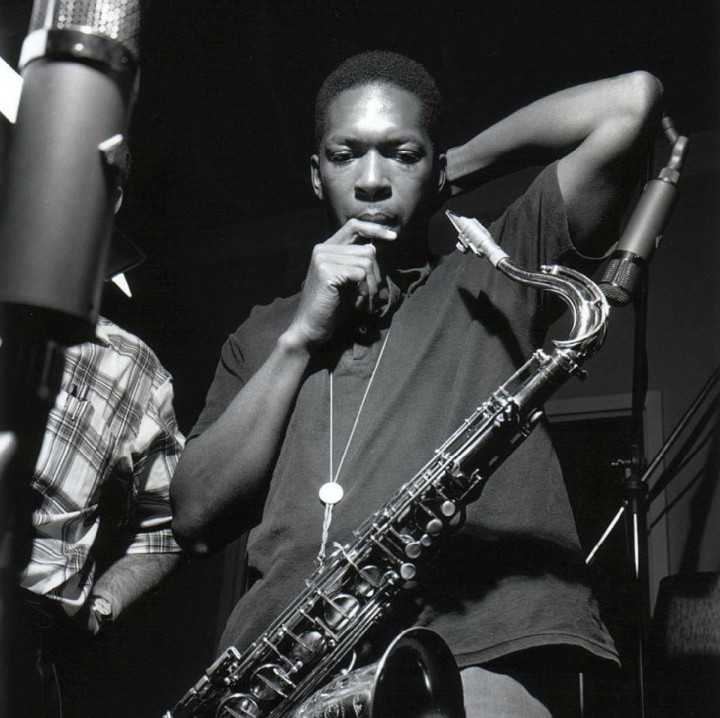
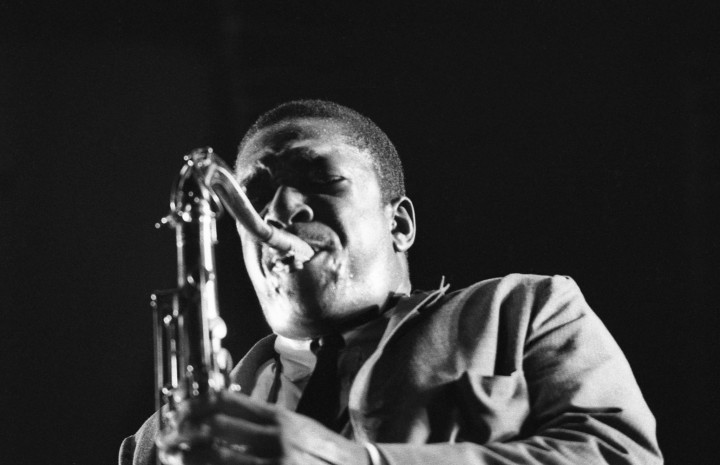
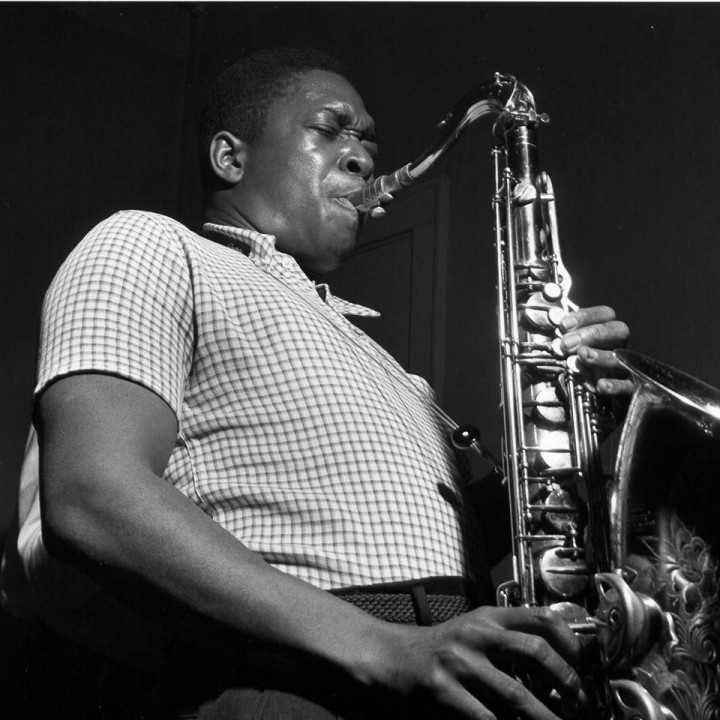
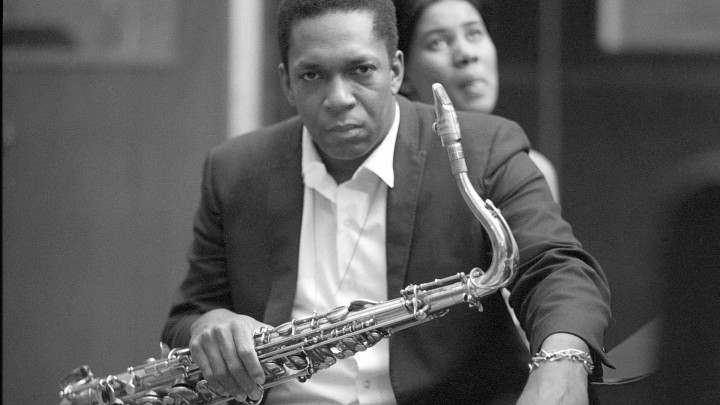
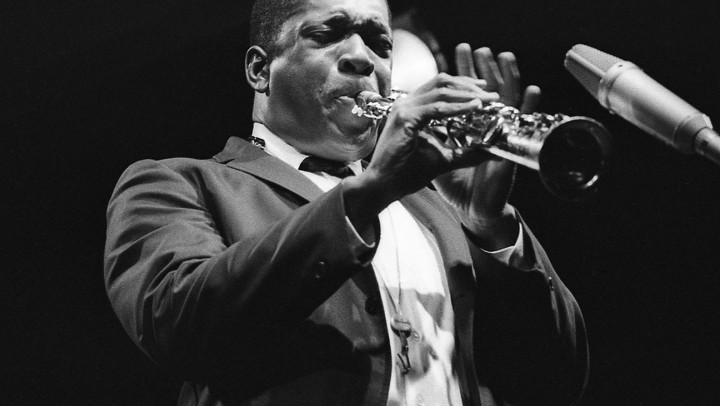
Before you comment
The comments section is here to provide a platform for civil dialogue on the issues we face together as a local community. Xpress is committed to offering this platform for all voices, but when the tone of the discussion gets nasty or strays off topic, we believe many people choose not to participate. Xpress editors are determined to moderate comments to ensure a constructive interchange is maintained. All comments judged not to be in keeping with the spirit of civil discourse will be removed and repeat violators will be banned. See here for our terms of service. Thank you for being part of this effort to promote respectful discussion.